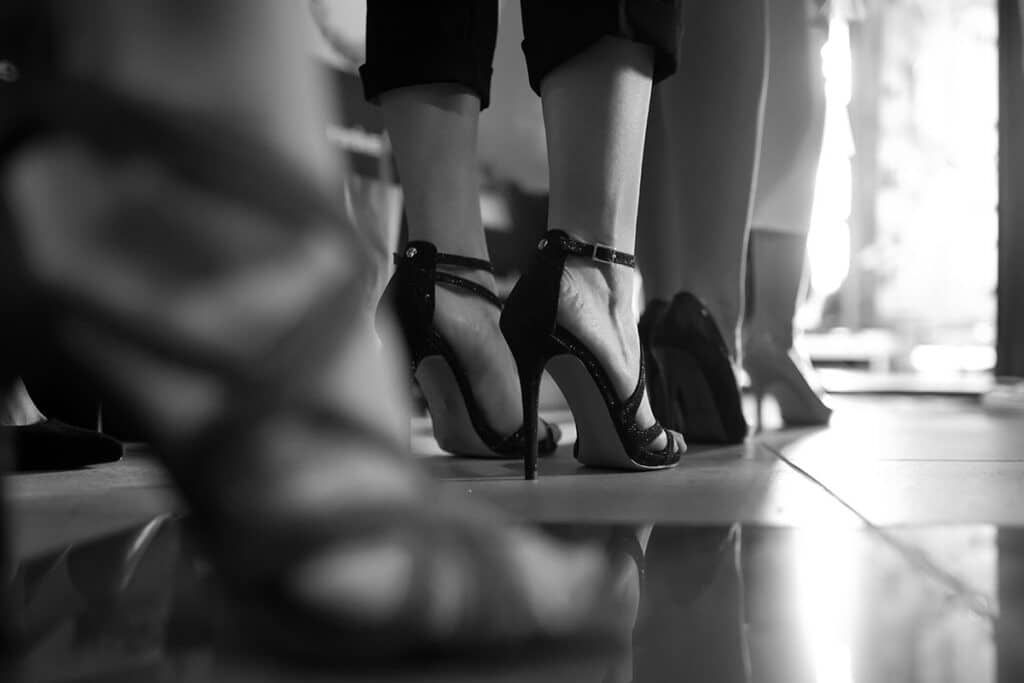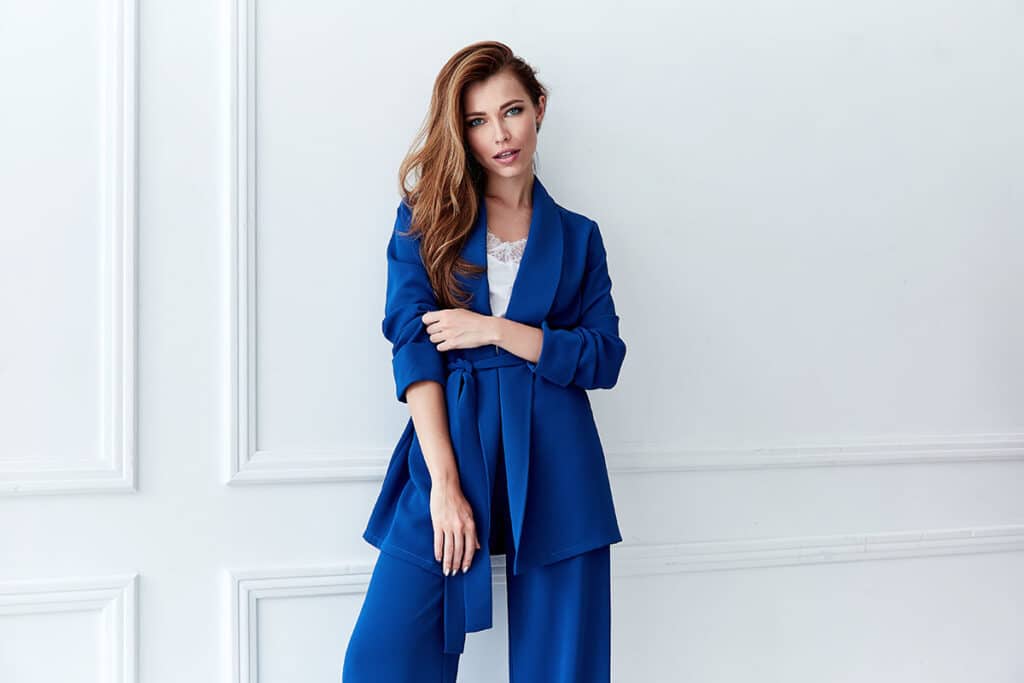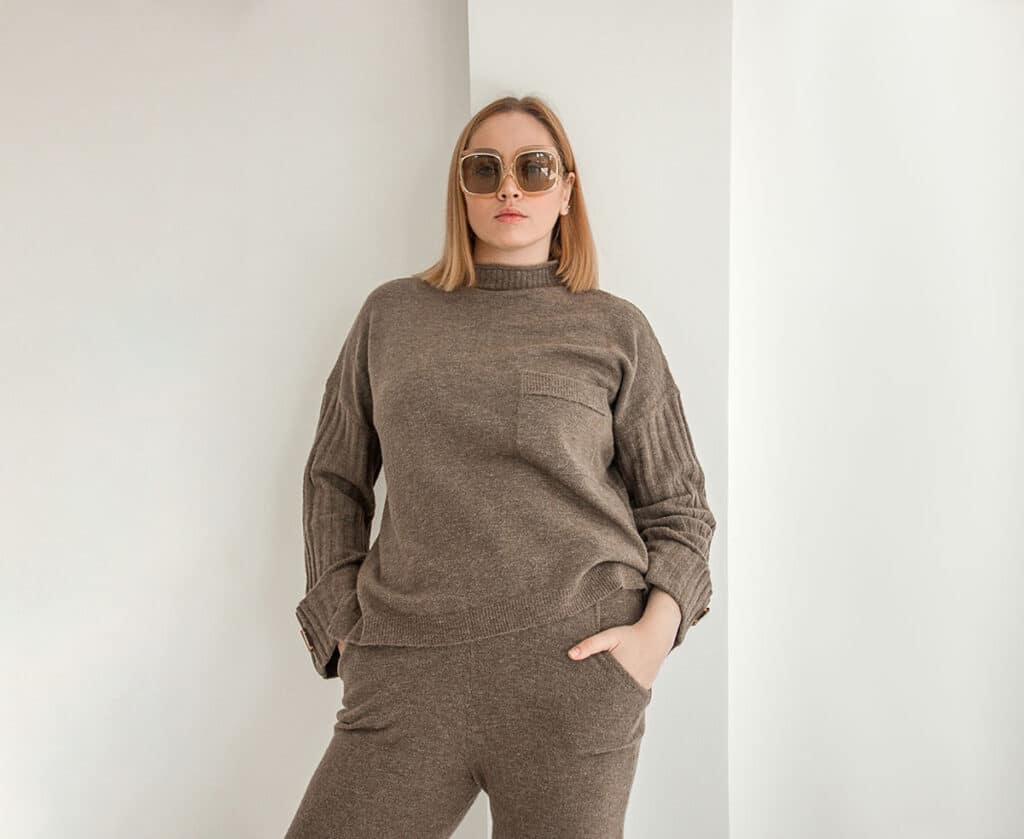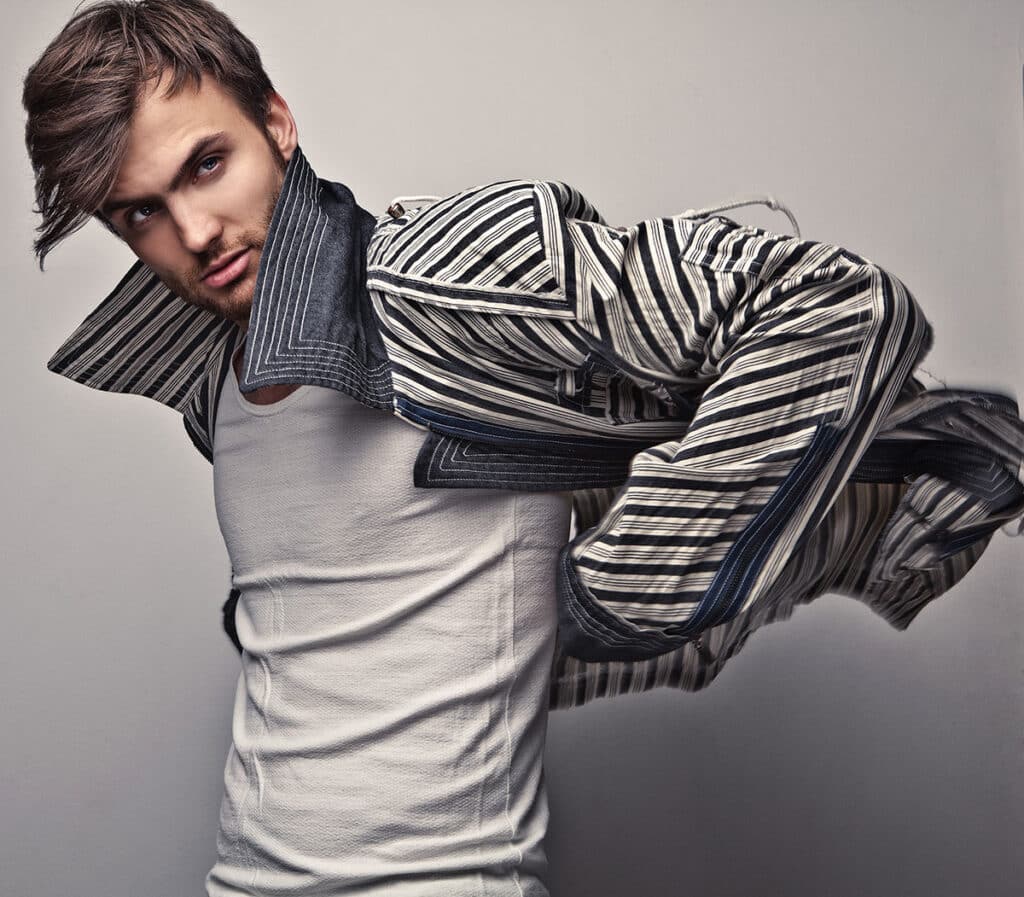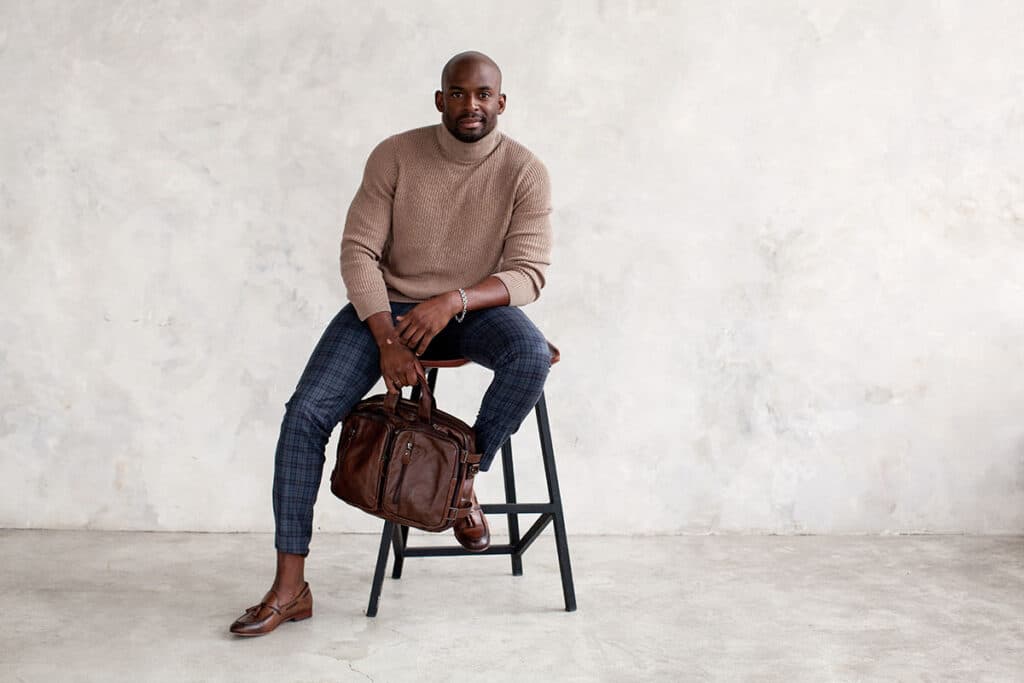What It’s Really Like to Be a Fashion Model
No Comments • Uncategorized • By Melissa
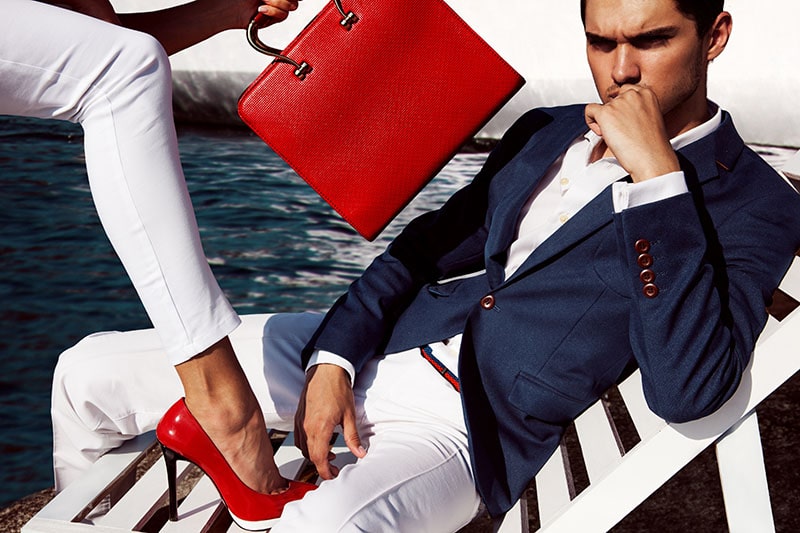
Being a fashion model is a dream for many. However, it’s not as easy as it looks. There are some complications and negative aspects to modelling that aspiring models should be aware of and knowledgeable about before getting into the fashion industry.
Modelling may be a silent profession, but that doesn’t mean you can’t stand up for yourself or make a difference when it really matters. Here, we take a look at some of the more negative aspects of modelling – and how you as a model can avoid, and even make changes, to them.
Mistreatment of Fashion Models
In such a competitive industry, aspiring fashion models are not hard to find. Unfortunately, this means mistreatment is often rife. In the past, speaking out about mistreatment could have seen you lose your job. But now, models are finding a voice and are more willing to speak out about industry mistreatment, calling out those who are disrespectful or downright rude. An example of this is casting director James Scully, who went public on Instagram just before Paris Fashion Week and condemned two colleagues, Maida Gregori Boina and Rami Fernandes, for keeping fashion models for several hours in an unlit stairwell. Many prominent names soon voiced their support including Jourdan Dunn, Edie Campbell and Candice Swanepoel.
The publicity of this soon gained traction and more stories of mistreatment, nonpayment, labour exploitation, sexual harassment, body shaming, abuse and unprofessional working conditions in the modelling industry came to light.
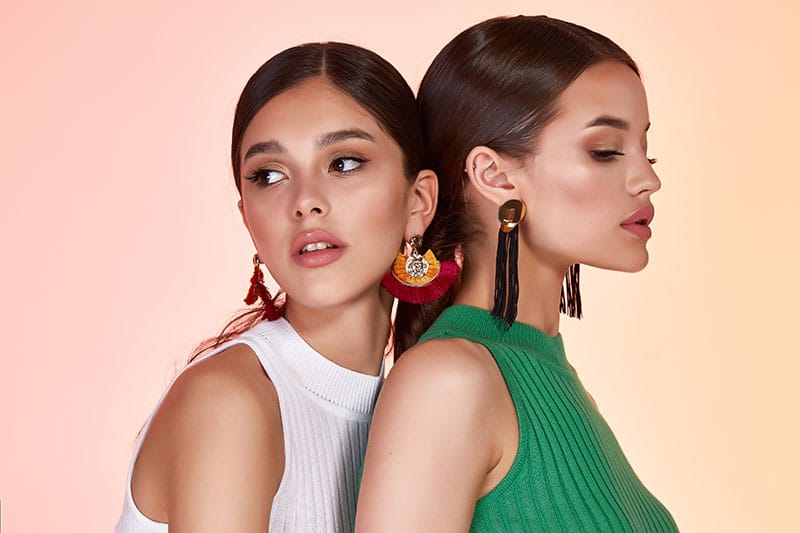
How to Protect Yourself As a Fashion Model
Find Your Voice
Throughout your modeling career, you need to have the confidence to speak up on certain matters – even if that means certain negative consequences. Fashion models who refuse to speak up are only participating in the ongoing system of oppression that’s harming others. Even if it doesn’t affect you directly, or you benefit from it in some ways, that doesn’t mean you should get a free pass to remain silent on those issues. It’s often difficult to speak out about things, but having a strong support network – family, friends and a supportive agency – will definitely help.
Social Media
Social media has given models a platform to voice their feelings and opinions in a way they were unable to do before. This tool has meant they can often talk about concerns and bad experiences, calling people out and reaching a wide audience without the need for traditional news outlets. It means they can now hold people accountable, or at least make the public aware when people are behaving in an unprofessional manner. In fact, social media now holds so much sway that many models feature their follower numbers on their z-cards.
New fashion models should make sure to create some social media accounts to help boost their exposure, build a following and give themselves a platform to speak up on issues they want to face.

Be Money Savvy
Money can be an issue for many models, especially at the start of their careers. While some jobs may try to get out of paying models entirely (instead offering free clothing or even just exposure), others pay late or neglect to mention certain fees beforehand.
Some agencies will front a model’s expenses for things like travel and wardrobe. But for those who work as an independent contractors, the model is ultimately responsible for these payments. It’s very easy to get into debt as a model who is starting out in the industry. That’s why many models choose to work part-time and have other sources of money to fund their work as they build their profile. It’s also a good idea to put a decent amount of savings away to protect yourself from months out of work. There’s no guarantee what you will earn from week to week, so make sure to budget and live within your means.
Sometimes, an agency will charge you for everything and it will come out of your paycheck. Make sure to thoroughly read any contracts before signing them so you know exactly what you’re getting into.
Other issues with money include designers paying their models months late, or sometimes not even paying at all. It’s a good idea to join a union so support and help it there if something like this does happen to you.
Know Your Worth
Society knows how to play on a women’s insecurities. It’s incredibly damaging and unhealthy for models and for people in general – especially for women who look up to models as a representation of beauty. It’s important to remember the process involved in becoming a fashion model. It certainly isn’t an overnight thing. Models spend years working on their appearance and spend even longer maintaining it. A lot of money and expert help is required to look good all the time. Modelling is a full-time job.
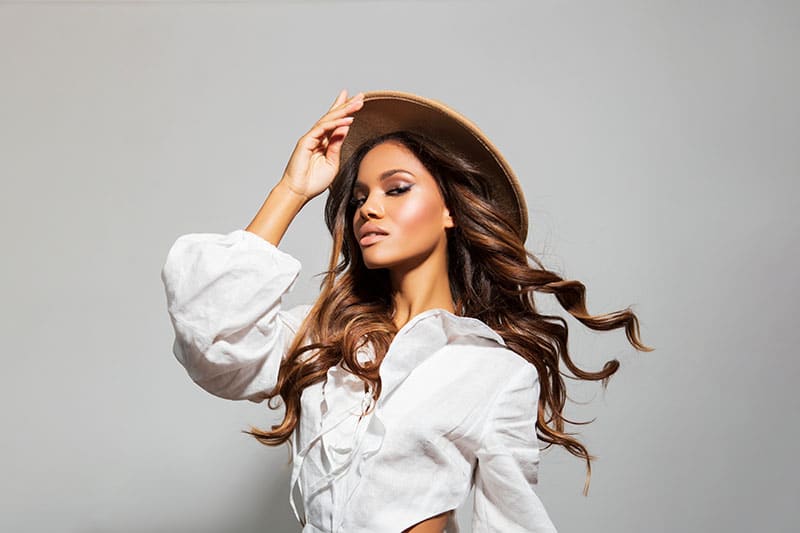
Find the Right Modelling Agency
Finding the right modeling agencies is imperative for the continued help and support you will need while working in the modelling industry. Do your research before agreeing to anything or signing any contracts; what are the agency’s reviews like? Speak to models who are currently or who have previously been signed with the agency.
Feel OK Saying No
There are many circumstances when you may feel pressured, either by yourself or others, to do something while modelling. You MUST feel comfortable enough to say no if you’re ever unsure. A reasonable, kind agency/brand should be OK with this.
Many models have spoken out about photoshoots or catwalks that required them to be topless – which they weren’t informed of until the time of the shoot. Others have felt uncomfortable in the clothing they’re being asked to wear, like risque lingerie. Remember that a photo lasts a lifetime and, once shot, you can’t do anything about it.
If you ever feel coerced, manipulated or blackmailed into doing something you don’t want to do, walk away and find help as soon as you can – this is against the law.
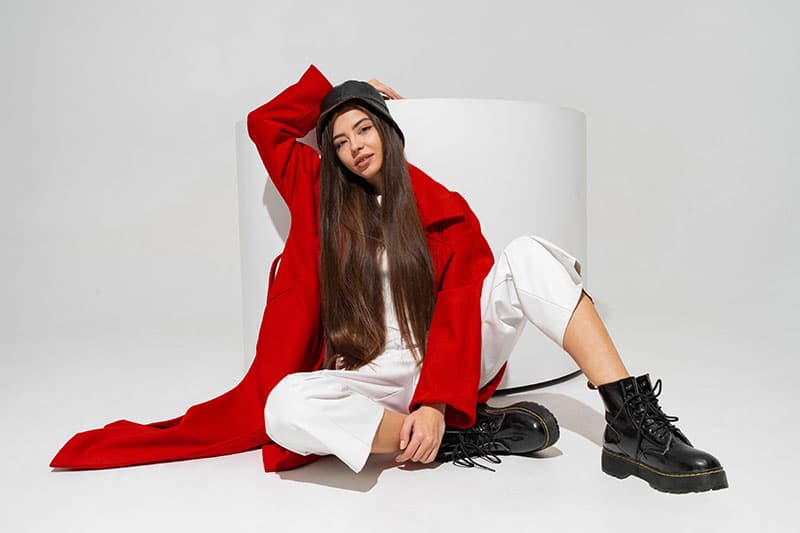
Prioritise Your Health
Your health as a fashion model should be a big priority. Your work relies on your body – it needs to be in top condition. Undereating or over-exercising can be hugely damaging to your health and fitness. Many models work with personal trainers and dieticians to ensure they’re giving their bodies everything they need to perform properly. But others may feel pressured to lose weight, look a certain way, and even damage themselves in the quest to look a certain way for a brand or agency. This is not acceptable; you can’t force your body to be something it’s not to the detriment of your health. Unfortunately, the modelling industry is a skinny person’s world. Sample sizes are very small and it’s often just expected that a model can stop eating for a week to drop an inch. But this is incredibly triggering and traumatising on the body. Yes, slender models will be prioritised. But that doesn’t mean you should allow casting agents or others to tell you to fast or undereat.
Only an incredibly small portion of the population has the right measurements and body type to work in high fashion. Many models try to force their bodies to fit these criteria, but this often results in eating disorders and poor physical and mental health. be realistic about what you can achieve, and look into other areas of modelling (such as commercial) that is less strict than high fashion and won’t demand so much of you.
Enjoy the Job
Modeling work is challenging. You need to really want it if you’re going to be a success; it’s a lot of hard work. If you’re unbothered about a career in modelling, it’s likely that the cons of working in the industry will outweigh the negatives. Be sure it’s something you truly want.
You will be treated as an object for much of the time. A fashion model is often objectified due to the nature of the job. People will constantly be touching you, altering your appearance and commenting on you. It can be very difficult mentally to stay above it all and remain confident and true to yourself.
Be Ready to Fight the Fight
There are no two ways about it – the modelling industry is racist, sizeist, sexist and ultimately very concerning a lot of the time. If you are a model who is not tall, naturally skinny and white, it’s likely you will face discrimination at some point. And that’s something you’re going to have to know how to deal with if and when the time comes.
The industry has a certain “quota” of diversity they need to meet for each job. Even now, there are only two or so spots at fashion week for black girls out of perhaps 50 models. It’s unfair and unjust, but it’s something you will have to contend with for now if you want to work in modelling.
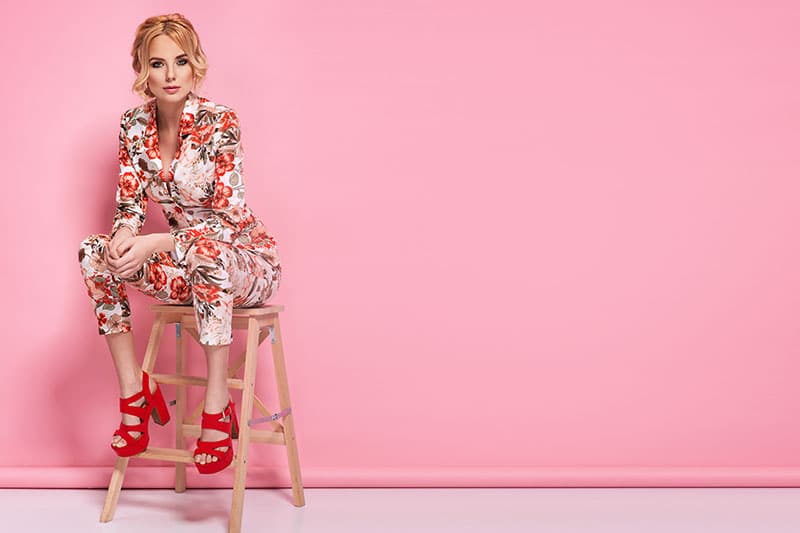
Understand that Perfection is Not Obtainable
Models spend their whole lives perfecting their bodies, skin and hair colour. They have a team of experts including makeup artists, hair stylists, wardrobe stylists, personal trainers, dieticians, dermatologists and more to ensure they look great year-round. Then there’s a professional photographer, who knows exactly how to capture the right angles. Then photos get photoshopped and edited. The end result is far from realistic. But real-life women look up to these images as if they are obtainable.
It’s important not to fall into this trap of insecurity.
Be Ready for Rejection
Modelling is a gamble; you can go on 20 castings and get all 20 jobs, or none at all. Rejection is rife and it can start to have an effect on your mental well-being. Don’t take rejection personally; at the end of the day, the brand and agency are searching for a look they likely already have in mind. Rejection is a real and natural part of the job; even supermodels have to deal with it. It can take a lot of time to find that big modeling job; some models never find it.
How the Modelling Industry is Attempting to Tackle These Issues
The modelling industry knows about its issues; it’s just taking a long time for anyone to do anything about it. Fortunately, there are some steps that have already been taken to put systems in place to protect models and make the working environment a better place for everyone.
Underage Models
The British Fashion Council has banned the practice of using underage runway models. But it’s a different story elsewhere; if you plan to model abroad, ensure you check the laws and know your rights.
Models under the age of 16 in the UK must have a parent or guardian’s permission, and the parent/guardian must accompany them to jobs and castings.
Racial Diversity
Many brands and agencies put procedures in place to ensure they hit diversity quotas. However, many try to bend these rules; for example, it’s known that some brands intentionally book mixed race girls with darker skin tones to avoid having to deal with natural afro hair. There’s still a long way to go before diversity feels fair in modelling. Rihanna’s fashion brand, Savage X Fenty, has gone a long way toward showing the industry the right way to include diversity.
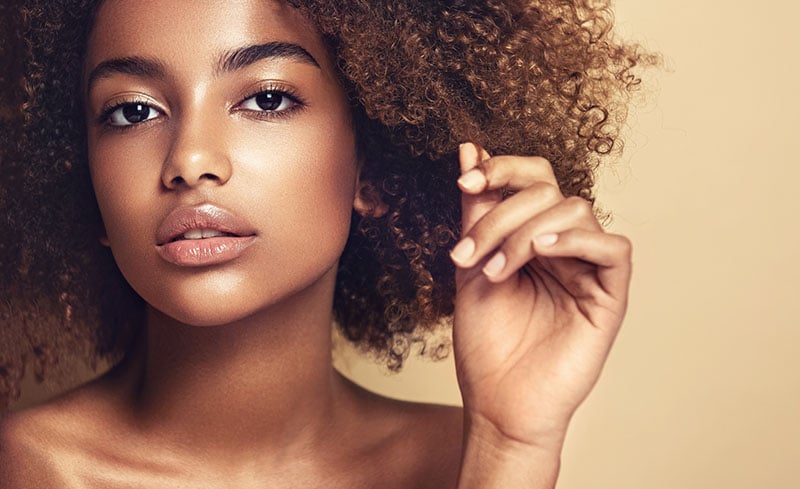
Body Diversity
Plus-size models are still a rarity in high fashion. While we’re starting to see some changes in catalogue modelling, high fashion is remaining stubborn. For an entire fashion show, they may hire one “plus-size” model – and they’re not even plus-size, they’re usually a size 14 or so (which is the UK’s average dress size).
Health
Many models are considered underweight when their body mass index is looked at. France has introduced a measure that requires models to provide a medical certificate to confirm they are healthy before they can work.
Pay
For many models, frequent and consistent pay is an issue. Models are often offered payment in the form of freebies. It’s down to each individual model or their agency to determine what they believe they are worth per job.
Sexual Harassment
Models are considered independent contractors, so lack the protections reserved for full-time employees. That’s why it’s a good idea to join a union. The typical demographic for models – young, female – makes them particularly vulnerable to exploitation. Nearly 30% of female models claim to have experienced inappropriate touching while at work.
Full-time employees should have a chain of reporting they can follow. If the company doesn’t pursue some form of action, the model can sue the company itself.
For independent contractors, there are no such rights. The only thing you can do is complain to your agency, even whilst knowing it may damage your reputation and your chances of getting hired again in the future. Join a union for extra protection.


